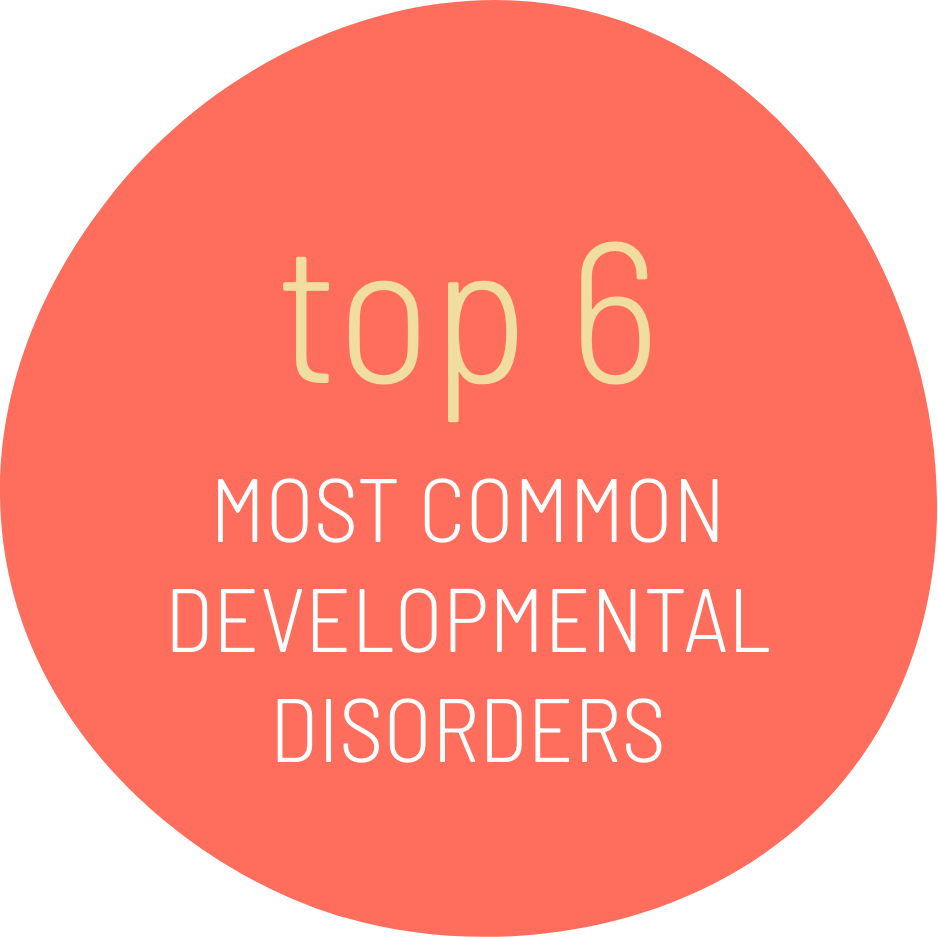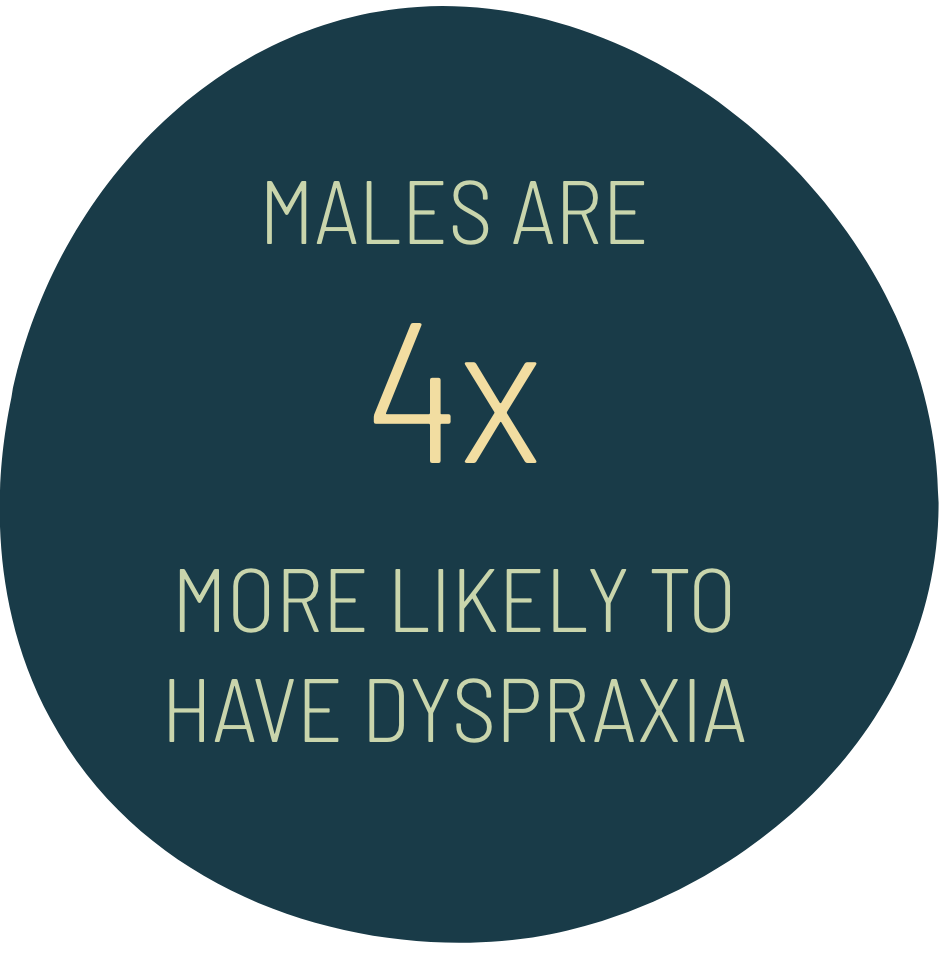what is dyspraxia?
Dyspraxia is a neurological disorder throughout the brain that results in life-long impaired motor, memory, judgment, processing, and other cognitive skills.
Dyspraxia also impacts the immune and central nervous systems. Each person with Dyspraxia has different challenges and abilities. Developmental Coordination Disorder (also known as DCD), a motor-planning-based disorder that impacts fine and gross motor development, is a common condition for those with Dyspraxia. Sometimes DCD is referred to as Dyspraxia.

what is dyspraxia?

Dyspraxia is a neurological disorder throughout the brain that results in life-long impaired motor, memory, judgment, processing, and other cognitive skills.
Dyspraxia also impacts the immune and central nervous systems. Each person with Dyspraxia has different challenges and abilities. Developmental Coordination Disorder (also known as DCD), a motor-planning-based disorder that impacts fine and gross motor development, is a common condition for those with Dyspraxia. Sometimes DCD is referred to as Dyspraxia.

Historical perspectives
Dyspraxia has been recognized by doctors and therapists since very early in the 20th century.
In 1937, Dr. Samuel Orton declared Dyspraxia to be one of the 6 most common developmental disorders, showing distinctive impairment of praxis. Since then, it has been described and labeled by many as a sensory integration disorder. Other labels have included developmental awkwardness, sensory motor dysfunction, minimal brain dysfunction, motor sequencing disorder, and most recently Developmental Coordination Disorder.
Historical perspectives
Dyspraxia has been recognized by doctors and therapists since very early in the 20th century.
In 1937, Dr. Samuel Orton declared Dyspraxia to be one of the 6 most common developmental disorders, showing distinctive impairment of praxis. Since then, it has been described and labeled by many as a sensory integration disorder. Other labels have included developmental awkwardness, sensory motor dysfunction, minimal brain dysfunction, motor sequencing disorder, and most recently Developmental Coordination Disorder.

Dyspraxia may affect any or all areas of development:
- Physical
- Neurological
- Emotional
- Social
- Language
- Sensory
It may impair the normal process of learning, thus is a learning difficulty. Severity of symptoms varies among those with the condition and an individual with Dyspraxia can experience different levels of symptom severity at different times. Many children with Dyspraxia also have Attention Deficit Hyperactivity Disorder (ADHD). The best way to treat Dyspraxia is to find the most effective therapy to address each symptom (for example, an occupational therapist for difficulty with using a pencil or cutlery, a speech therapist for issues with speech, etc).

Dyspraxia may affect any or all areas of development:
- Physical
- Intellectual
- Emotional
- Social
- Language
- Sensory
It may impair the normal process of learning, thus is a learning difficulty. Severity of symptoms varies among those with the condition and an individual with Dyspraxia can experience different levels of symptom severity at different times. Many children with Dyspraxia also have Attention Deficit Hyperactivity Disorder (ADHD). The best way to treat Dyspraxia is to find the most effective therapy to address each symptom (for example, an occupational therapist for difficulty with using a pencil or cutlery, a speech therapist for issues with speech, etc).

“Dyspraxia affects each person in different ways at different ages and stages of development, and to different degrees. It is inconsistent, in that it may affect the child one day but not the next.”
Warren Fried, in Parents article

